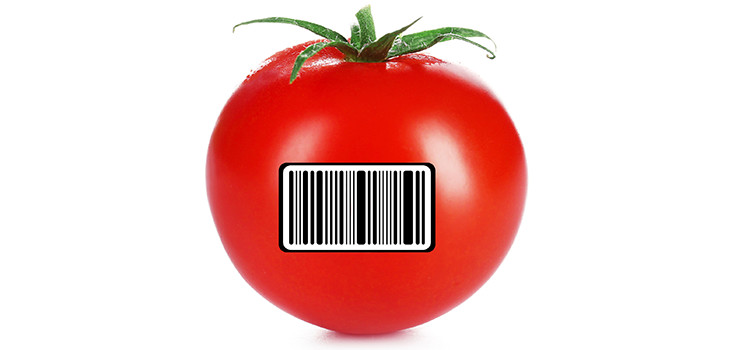Syngenta Now Patenting Natural Foods with NO GM Biotechnology
Syngenta Now Patenting Natural Foods with NO GM Biotechnology
Using a process long-used by farmers
The Big Six biotech companies have had their way patenting genetically modified foods for decades now; that, we know.
The Big Six biotech companies have had their way patenting genetically modified foods for decades now; that, we know. But unsuspecting individuals likely have no idea that companies like Syngenta and Monsanto have been patenting REAL food (also known simply as food ) which was not made in a lab using gene splicing or editing techniques.
Just ten companies control 65%of proprietary, or intellectual property (IP)-protected, seed, but it appears that it isn’t enough that they control GM seed. If this is allowed unchecked, the time-honored tradition of growing, saving, and exchanging seed could be limited to a few corporations.
At one time the US Department of Agriculture, formed in 1862, spent roughly a third of its budget disseminating seeds to farmers across the US, but now the agency seems bent on protecting the wealth of just a few individuals running a handful of companies at the expense of a viable world food supply.
Monsanto already attempted to patent a non-GM tomato, and now Syngenta has tried to patent natural foods, even though in Europe, non-GM plants cannot be patented by law. The company obtained the rights to patent a pepper strainwhich has been developed, arguably, over millions of years.
Using SMART breeding, not GM technology, Syngenta obtained a patent from the European Office of Patents for a strain of pepper that is high yielding, and resistant to pests – but this occurred naturally through time through the genius of Mother Nature, not the biotech industry. Since Syngenta now owns the patent, though, you can’t grow this pepper without their permission. This also means that if their patented pepper strain should cross-pollinate with your peppers, you could be held liable in court for growing a ‘proprietary’ secret.
SMART breeding is a conventional plant-growing technique which identifies desirable genes and in the plant’s DNA and then this plant is cross-bred with other plants to give them these desirable qualities (like high yields or resistance to bugs or drought).
There is nothing about this process that is proprietary to Syngenta. It has been used by farmers for millennia through the simple observation of their crops. Certain strains of plants are known to adapt to the region in which they are grown over time. It has been happening for millennia.
Nevertheless, the European Patent Office granted Syngenta a patent for a pepper which is resistant to whiteflies that is applicable in 38 EU countries.
Ask yourself – what will Big Biotech try to patent next? The US Supreme Court has declared that human genes cannot be patented, but if this industry has their way, your DNA could be up next for corporate ownership.
| About Christina Sarich: | |
| Christina Sarich is a humanitarian and freelance writer helping you to Wake up Your Sleepy Little Head, and See the Big Picture. Her blog is Yoga for the New World. Her latest book is Pharma Sutra: Healing the Body And Mind Through the Art of Yoga. | |
Other Popular Stories:

Post a Comment